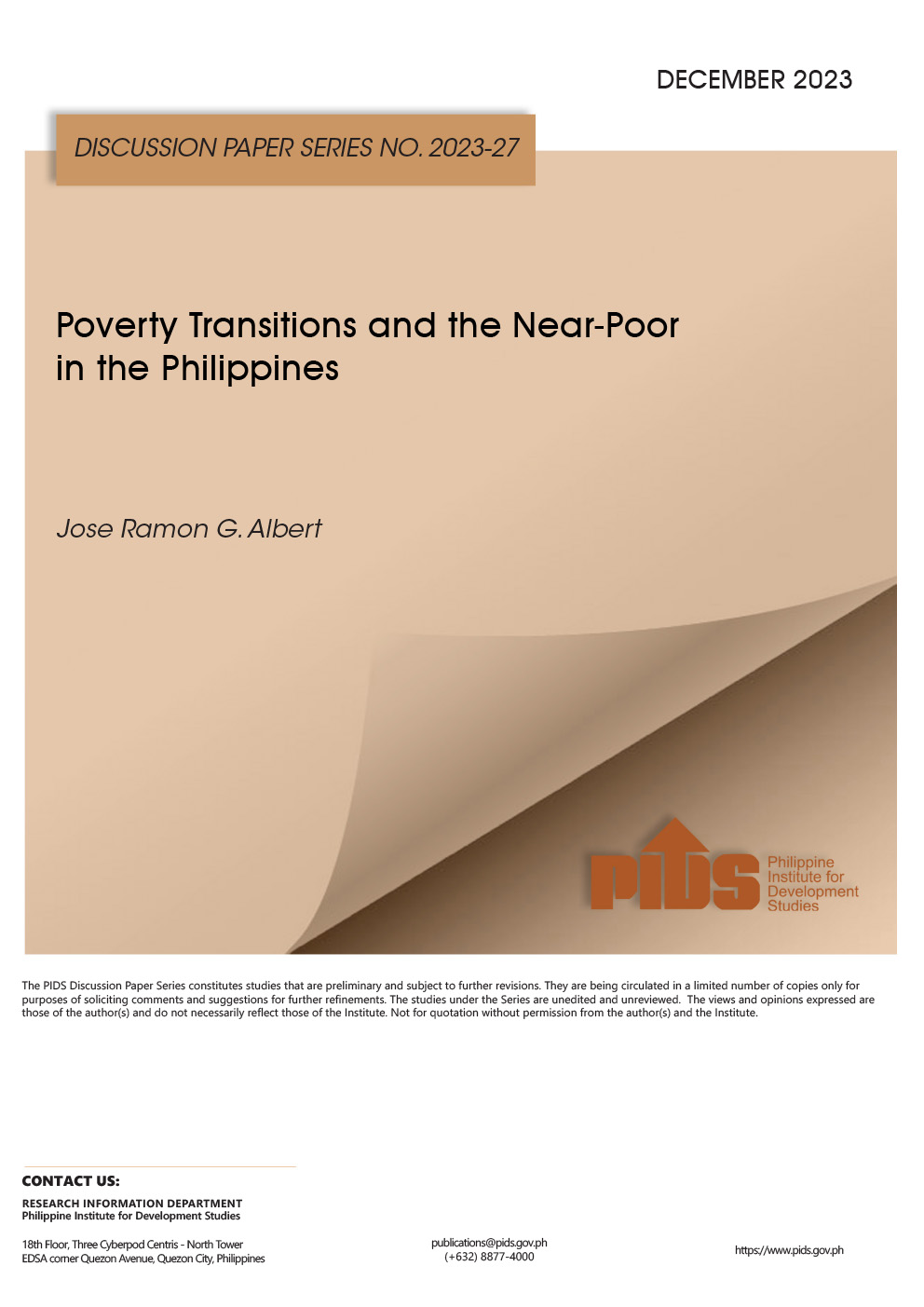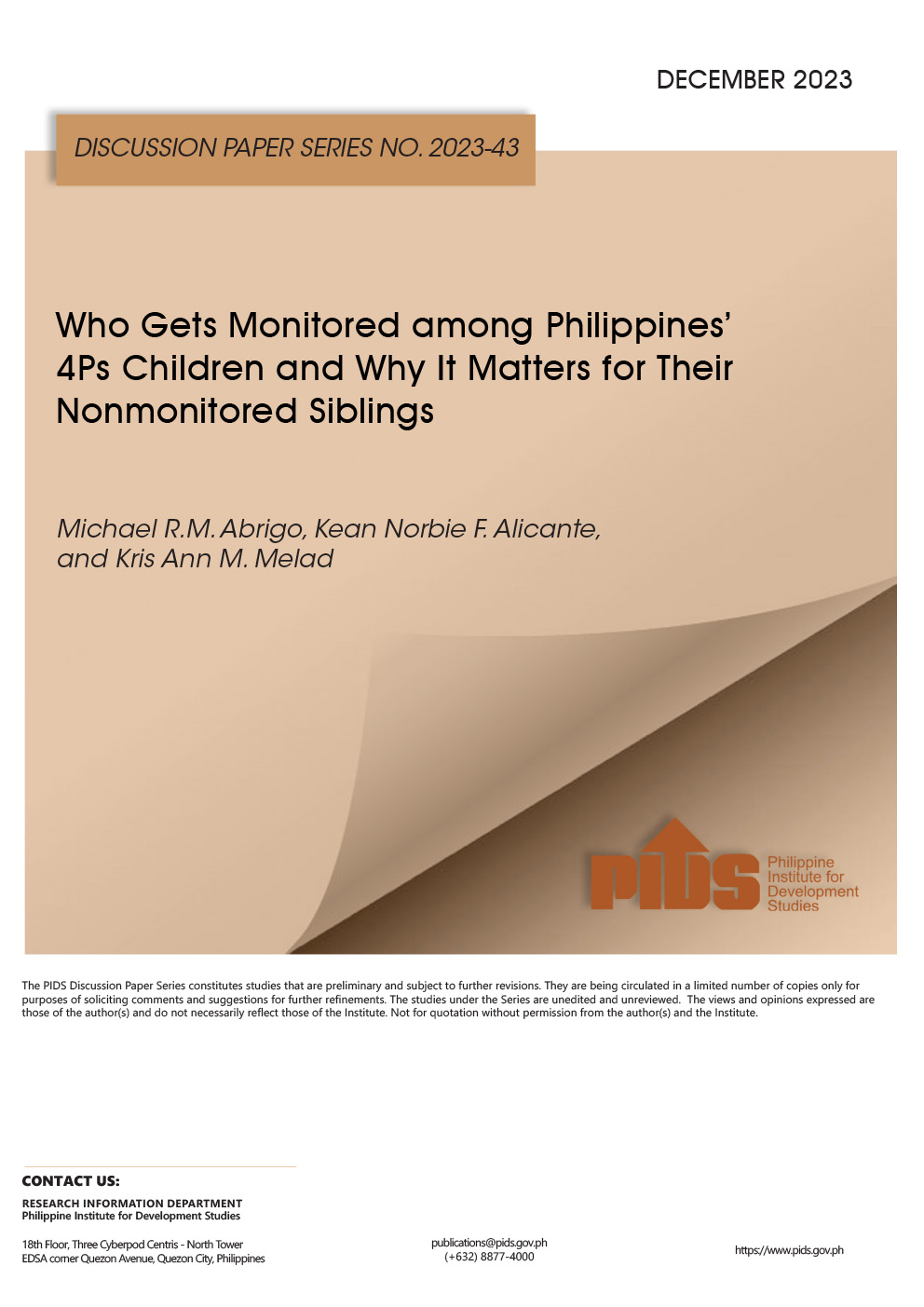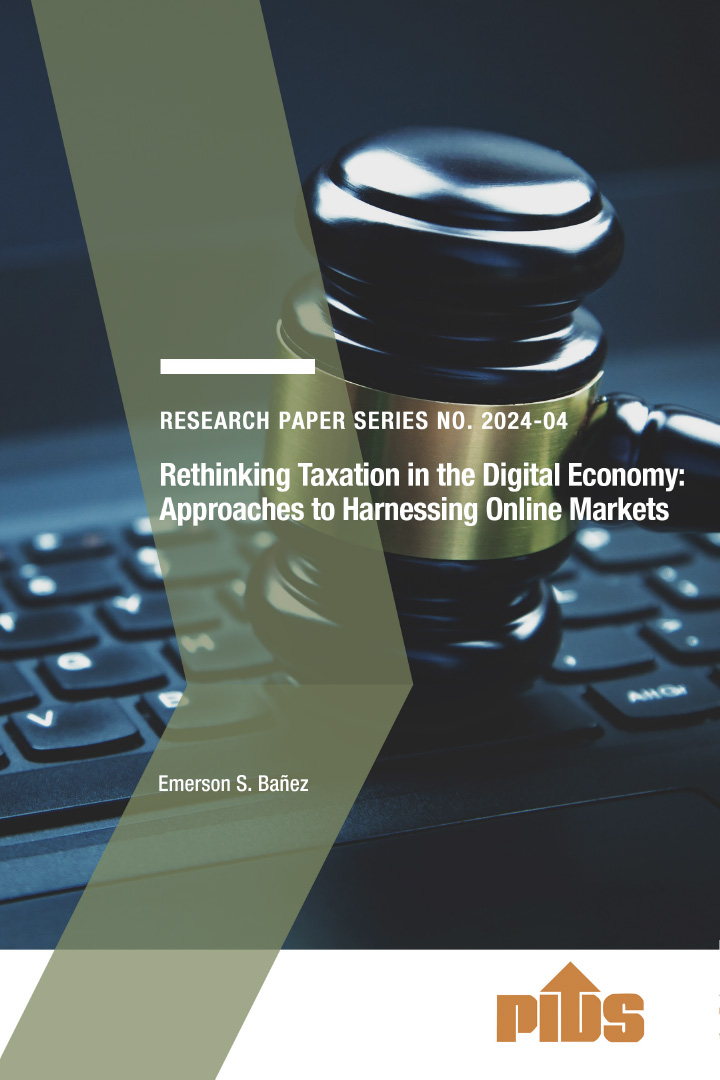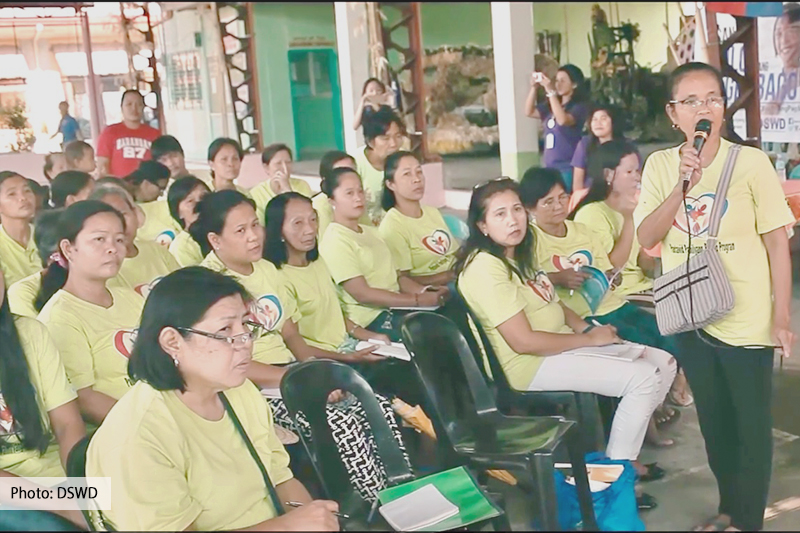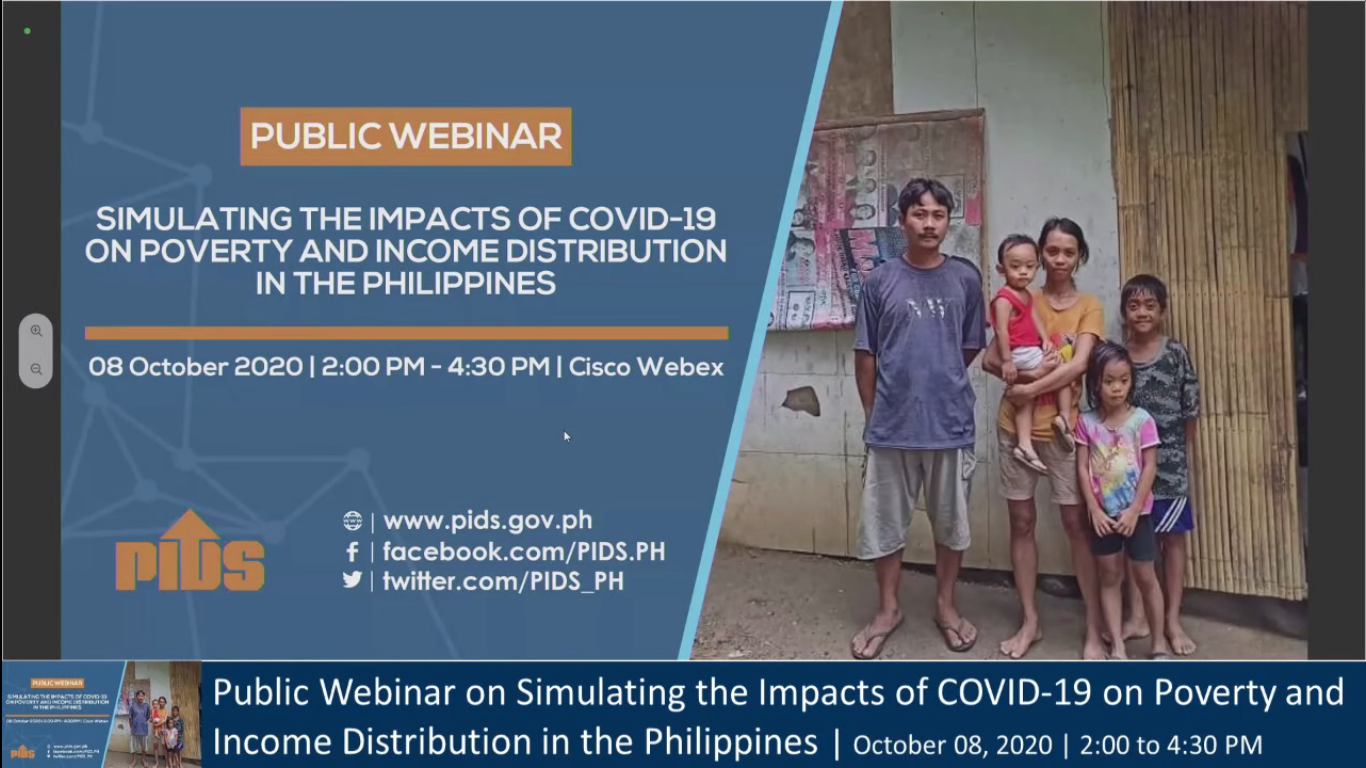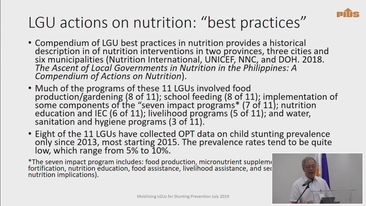THE TAX REFORM program’s fuel excise tax produced a “minimal increase” in poverty incidence while increasing economic activity, the Philippine Institute for Development Studies (PIDS) said, citing the results of its research studies.
The government think tank said it studied the impact on employment and poverty of the higher excise tax, which was authorized by the first package of the Tax Reform for Acceleration and Inclusion (TRAIN) law, which took effect in January last year.
The tax law faced stiff opposition, including from legislators who claimed the increase in fuel prices will make everyday commodities more costly for the poor.
“The results show that although excise taxes on fuel products entailed a minimal increase in poverty incidence, the first package of TRAIN increased poverty among households and individuals and across all sectors considered. This was due to the increase in commodity prices that offset the increase in factor incomes,” according to the study, “Impacts of TRAIN fuel excise taxes on employment and poverty.”
The study evaluated the impact on households, individuals, women, fisherfolk, transport workers and farmers. It found that the “most affected were farmers and transport workers where poverty incidence rose by 0.26 and 0.32 percentage points, respectively.
“The increase in commodity prices offset the increase in factor prices causing losses in the real value of household incomes. This resulted in more members of the sectors falling into poverty, although the most affected were the fisherfolk and farmers,” it explained.
However, it noted that the unconditional cash transfers mitigated the poverty-inducing impact of the law especially in the case of transport workers.
The “net effect of TRAIN 1” had a positive impact on employment as job numbers grew, while the decline in jobs in industrial activities was offset by the higher employment in agriculture activities, it said.
“Although overall employment may still increase, the transition from one (form of) work to another may become costly for some workers. This makes active labor market policies (more critical), such as direct employment creation, as in infrastructure, and passive labor market policies especially those that link workers to available work useful in minimizing the welfare loss of workers,” it added.
“Employment and poverty are among the most important development issues and keeping track of how these indicators react to economic shocks is imperative in policy discussions,” it said.
In a separate study, PIDS said that higher taxes on petroleum and coal boosted domestic output in most industries which increased economic activity overall.
“This is due to the increased economic activity following increased consumption brought about by lower income tax rates, especially among the highest income deciles,” according to the study, “Effects of TRAIN fuel excise taxes on goods and prices.”
However, it came at the “expense of the marginalized groups” and raised energy and carbon emissions across the country.
“The increased economic activity, however, would come at the expense of the welfare of marginalized groups and increased energy and carbon emissions… Given that the contribution of non-fossil fuel sources of power is significantly low, any short-term increase in economic activity would favor the growth of sources of electricity that are based on oil, gas, and coal,” it said.
The study also proposed that the government further consider the impact of policy reform on low-income segments.
“While the goal of the TRAIN as a tax reform law is very commendable, which is to raise public revenue to improve the delivery of basic services and improve social and economic outcomes in the future, there are considerations that the government should make in designing tax policy. One would be the impact of the policy reform on the welfare of the poorer sectors in the country and the other would be to be able to take into consideration the impact on the targets that the Philippines must observe in terms of emissions,” it added.

